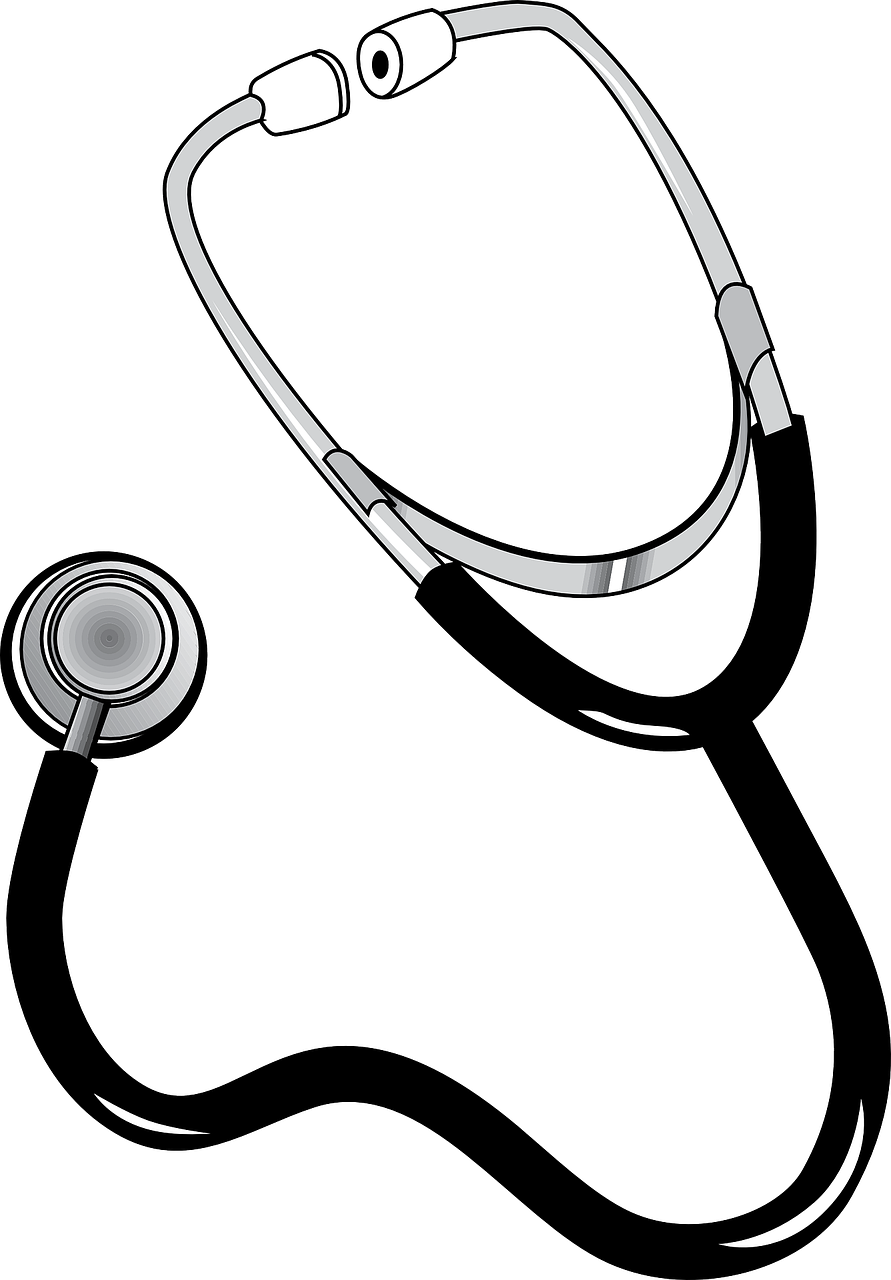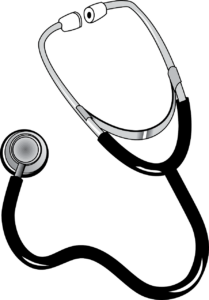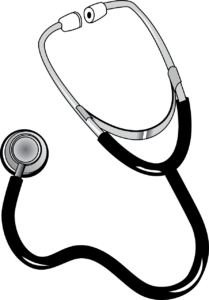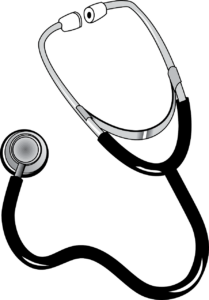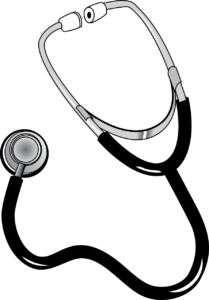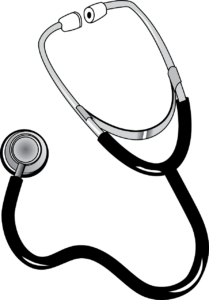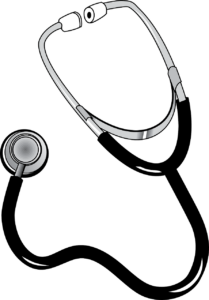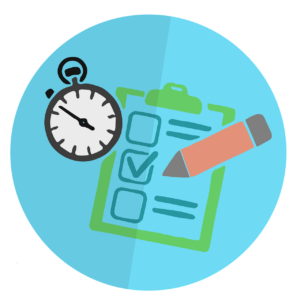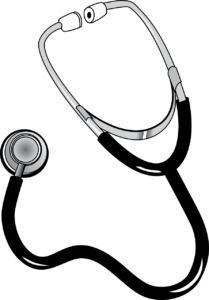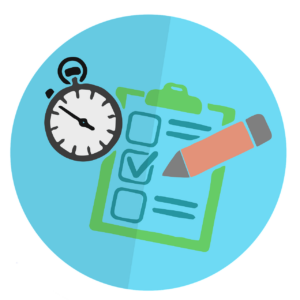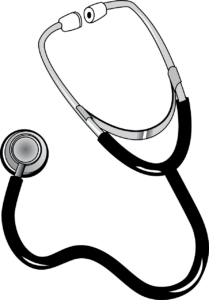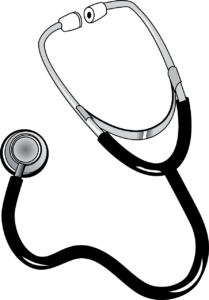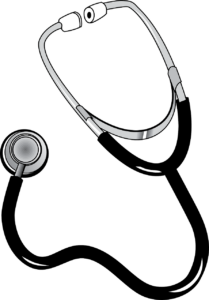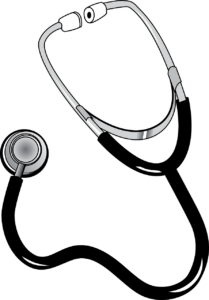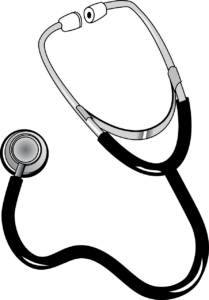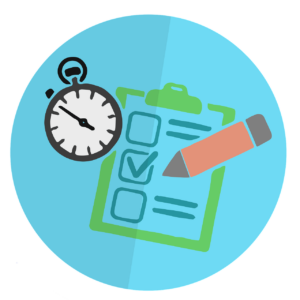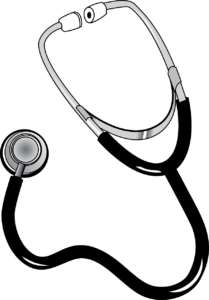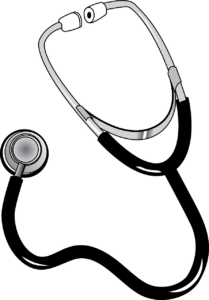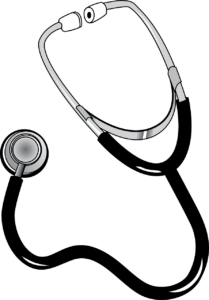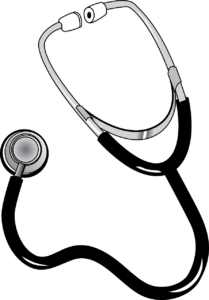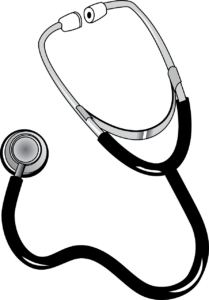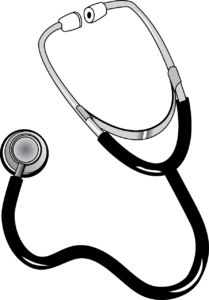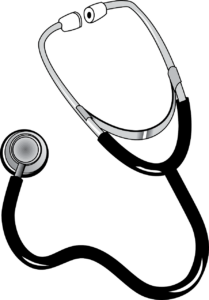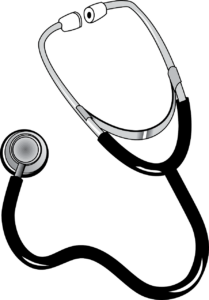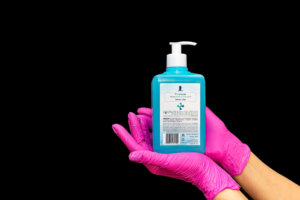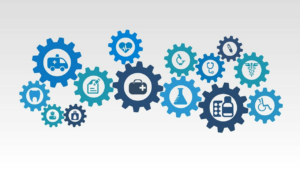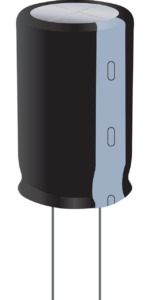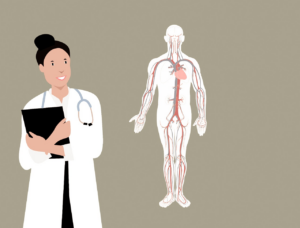Are you preparing to take the Fundamentals of Nursing Exam 1? This exam is a crucial step in becoming a licensed nurse, and it covers a wide range of topics related to patient care. In order to succeed on the exam, you need to have a solid understanding of key nursing concepts, as well as the ability to apply those concepts in practical scenarios.
In this article, we’ll go over some of the most important topics covered on the Fundamentals of Nursing Exam 1, including communication, patient safety, medication administration, and critical thinking. We’ll also provide you with practice questions and test-taking strategies to help you feel confident on exam day.
The first section of the exam covers communication and the nursing process. This includes understanding how to effectively communicate with patients, their families, and other healthcare professionals. You’ll also need to understand the nursing process, which involves assessing patients, creating care plans, implementing interventions, and evaluating outcomes.
In addition, you’ll need to be familiar with documentation practices and legal and ethical considerations in nursing. By mastering these concepts, you’ll be better equipped to provide high-quality care to your patients and to succeed on the Fundamentals of Nursing Exam 1.
Key Takeaways
- Effective communication skills and patient-centered care are essential in nursing practice.
- Prioritizing patient safety and infection control measures is crucial in nursing practice.
- Medication administration requires precise dosage calculations and proper techniques.
- Critical thinking skills are essential in making informed decisions and providing the best possible care for patients.
Overview of the Fundamentals of Nursing Exam 1
Let’s dive into an overview of the first Fundamentals of Nursing exam, so you can be well-prepared and confident come test day!
The exam format consists of multiple-choice questions that cover various topics such as nursing process, communication, documentation, hygiene, and infection control. The exam is designed to assess your understanding of key concepts in nursing and your ability to apply them in clinical practice.
To succeed on this exam, you need to study effectively and efficiently. Here are some study tips to help you prepare for the Fundamentals of Nursing Exam 1.
First, create a study schedule and stick to it. Set aside specific times each day to review the material and practice answering sample questions.
Second, use a variety of study materials such as textbooks, review books, and online resources.
Third, focus on understanding the key concepts rather than memorizing facts.
Finally, take breaks and practice self-care to avoid burnout. By following these study tips, you can feel confident and prepared for the Fundamentals of Nursing Exam 1.
Key Concepts in Communication and Nursing Process
You can improve your nursing practice by mastering effective communication skills and understanding the nursing process. Communication is essential in nursing as it allows you to establish a therapeutic relationship with your patient. Therapeutic communication involves active listening, empathy, and clear and concise communication. Patient-centered care is also an essential concept in nursing, and it involves putting the patient’s needs and preferences at the forefront of their care. Effective communication skills and patient-centered care go hand in hand as they help build trust and rapport between the nurse and the patient, leading to better outcomes.
To better understand the concepts of therapeutic communication and patient-centered care, refer to the table below:
| Concept | Definition | Example |
|---|---|---|
| Therapeutic Communication | A communication technique used by healthcare professionals to provide support and comfort to patients. | Active Listening: Paying attention to the patient’s verbal and nonverbal cues to understand their needs better. |
| Patient-Centered Care | A healthcare approach that considers the patient’s needs, preferences, and values in their care. | Shared Decision Making: Collaborating with the patient in making decisions about their care plan. |
| Nursing Process | A systematic approach to patient care that involves assessment, diagnosis, planning, implementation, and evaluation. | Assessment: Collecting data about the patient’s health status, including physical, emotional, and environmental factors. |
By understanding these key concepts and incorporating them into your nursing practice, you can provide high-quality patient care and build meaningful relationships with your patients. Remember, effective communication and patient-centered care are essential for successful nursing practice.
Patient Safety and Infection Control
Protect yourself and your patients from harm by prioritizing patient safety and infection control measures. As a nurse, it’s your responsibility to ensure a safe and clean environment for your patients. Here are some important points to keep in mind to maintain patient safety:
-
Wash your hands frequently and properly using soap and water or alcohol-based hand sanitizer. This is the most basic and effective way to prevent the spread of infection.
-
Follow isolation precautions, such as wearing gloves, masks, and gowns when caring for patients with contagious diseases. This will help prevent the spread of infections and protect both you and your patients.
-
Keep the patient’s environment clean and tidy. This includes regularly disinfecting surfaces, equipment, and linens. A clean environment not only prevents the spread of infection but also promotes healing.
By prioritizing patient safety and infection control measures, you can provide the best possible care for your patients and prevent harm. Remember to always practice good hand hygiene and follow isolation precautions to keep both yourself and your patients safe.
Medication Administration and Dosage Calculations
Administering medication is like performing a delicate dance, where the dosage calculation must be precise and every step must be taken with care. As a nurse, it is your responsibility to ensure that the right medication is given to the right patient at the right time and in the right dose. Medication error prevention is crucial in ensuring patient safety. Familiarize yourself with pharmacology basics such as drug classifications, indications, and contraindications, as well as the proper administration routes and techniques.
To help you with medication administration and dosage calculations, here is a table that summarizes the common units of measurement used in medication calculation:
| Unit of Measurement | Abbreviation | Equivalent |
|---|---|---|
| Milligram | mg | 1/1000 of a gram |
| Microgram | mcg | 1/1000 of a milligram |
| Gram | g | 1000 milligrams |
| Milliliter | mL | 1/1000 of a liter |
| Drop | gtt | Varies by medication and dropper size |
It is important to note that medication dosage calculations should always be double-checked by another nurse to ensure accuracy. Never hesitate to clarify any doubts or ask for help from your colleagues or healthcare provider. Remember, medication administration is a crucial aspect of patient care, and every step must be taken with caution and precision.
Critical Thinking and Application in Real-World Scenarios
When faced with complex medical situations, you as a nurse must utilize critical thinking skills to make informed decisions and provide the best possible care for your patients. This means being able to analyze information, identify problems, and develop effective solutions.
In real life scenarios, you may encounter situations where patients have multiple health issues, conflicting symptoms, or unexpected complications. In these cases, you will need to use your problem solving skills to assess the situation, identify potential causes, and determine the best course of action.
To apply critical thinking in real-world scenarios, you should follow a structured approach that includes gathering information, analyzing data, and making evidence-based decisions. This involves asking questions, evaluating evidence, and considering alternative perspectives. You should also be open to feedback and willing to revise your decisions based on new information.
Ultimately, your goal should be to provide safe, effective, and compassionate care to your patients, using your critical thinking skills to guide your actions and decisions.
Practice Questions and Test-Taking Strategies
To excel on the fundamentals of nursing exam 1, you’ll need to utilize effective test-taking strategies and answer the practice questions using critical thinking skills. However, test anxiety and poor time management can hinder your ability to perform well on the exam. It’s important to prepare yourself mentally and emotionally before taking the test by practicing relaxation techniques and positive self-talk. Additionally, you should prioritize your time during the exam by reading the instructions carefully, pacing yourself, and answering the easiest questions first.
To help you prepare, here’s a table of test-taking strategies and tips on time management:
| Test-taking Strategies | Time Management |
|---|---|
| Read the instructions carefully | Prioritize your time |
| Pace yourself | Answer the easiest questions first |
| Eliminate obvious wrong answers | Save the difficult questions for last |
| Use process of elimination | Take breaks if necessary |
| Use critical thinking skills | Keep an eye on the clock |
By implementing these strategies and managing your time effectively, you’ll be better equipped to handle the exam and reduce test anxiety. Remember to stay calm, focus on the questions, and trust in your nursing knowledge and skills.
Frequently Asked Questions
How long is the Fundamentals of Nursing Exam 1?
When you take the Fundamentals of Nursing Exam 1, you may wonder about the exam duration or time limit. Typically, the length of the exam will vary depending on the institution administering it, and it can range anywhere from one hour to several hours.
The time limit will also depend on the number of questions included in the exam, the difficulty level, and the format. Some exams may have a strict time limit, while others may allow you to take as much time as you need to complete it.
It’s important to be aware of the exam duration and time limit so that you can manage your time accordingly and ensure that you have enough time to answer all questions thoroughly.
What is the passing score for the exam?
When you take an exam, it’s important to know the scoring criteria and passing threshold. These are the guidelines that determine whether or not you pass the test.
The passing score for an exam can vary depending on the organization or institution that administers it. Some exams may require you to achieve a score of 70% or higher, while others may have a passing threshold of 80% or more. Ultimately, it’s up to the exam administrator to determine what score is considered passing.
So, when you take any exam, make sure you understand the scoring criteria and passing threshold, so you can study and prepare accordingly.
Are there any prerequisites for taking the exam?
Before you can take the nursing exam, you must first meet the eligibility requirements. These requirements typically include completing a nursing program or a certain number of nursing courses, as well as obtaining a nursing license or certification.
In addition to these required qualifications, some nursing exams may have specific prerequisites such as a minimum GPA or a certain amount of clinical experience. It’s important to check the eligibility requirements for the nursing exam you plan to take to ensure that you meet all of the necessary qualifications before registering.
How often is the exam offered?
You may be wondering about the frequency of the nursing exam and its testing schedule. The exam is typically offered on a regular basis, depending on the institution providing it.
Some schools may have a set schedule, while others may offer it more frequently. It’s important to check with your specific nursing program or institution to determine the exam schedule.
By doing so, you can better prepare and plan for your exam, ensuring that you’re able to take it at a time that works best for you.
Can the exam be taken online or is it only offered in person?
You can take exams either online or in person, depending on the testing options provided by the institution. Some exams might require in-person proctoring, while others allow for remote proctoring with the use of webcams and other monitoring tools.
Generally, online testing is more convenient and flexible since you can take the exam from anywhere as long as you have a stable internet connection. However, in-person testing may provide a more controlled testing environment, especially for high-stakes exams.
It’s best to check with your school or testing center to see what options are available for your exam.
Conclusion
Congratulations! You’ve completed the overview of the Fundamentals of Nursing Exam 1.
You’ve learned about the key concepts in communication and nursing process, patient safety and infection control, medication administration and dosage calculations, and critical thinking and application in real-world scenarios.
By reviewing these concepts and practicing the provided questions, you’re on your way to a successful exam. Remember to always prioritize patient safety and advocate for your patients.
Use critical thinking skills to make informed decisions and provide quality care. Utilize test-taking strategies such as reading the questions carefully and eliminating obviously incorrect answers to increase your chances of success.
Best of luck on your exam!




